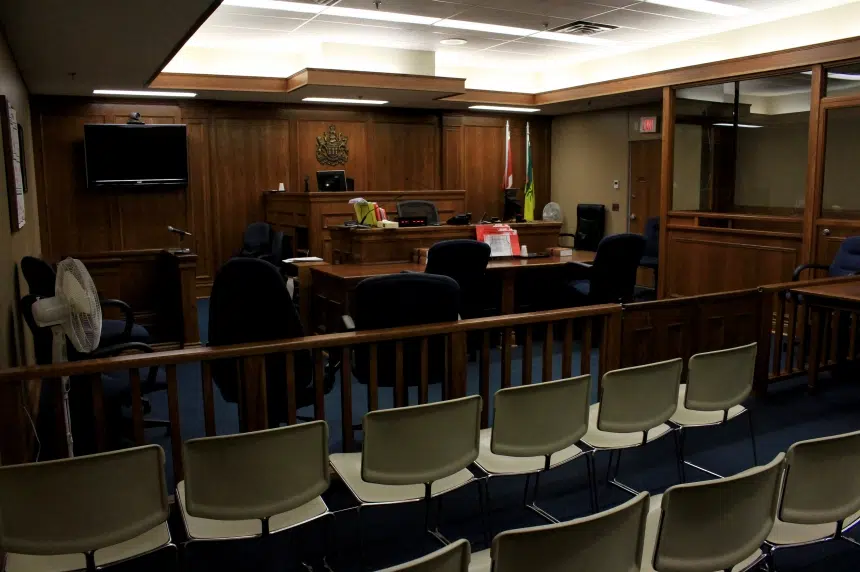Years of daily psychological abuse didn’t end for Rebecca Steppan even when she left her husband. She remembers feeling terrified when he climbed up her balcony and tried to force open her door.
Steppan is telling her personal story after the province released the results of its Domestic Violence Death Review Panel which studied some of the factors in six domestic murder cases.
“I would say there was times where it got violent and it escalated, but for a lot of the time it was just this torture. Like this overly bombardment of psychological torture just like all the time every day of me questioning my reality and whether or not what I was seeing was real or not,” she said.
Steppan says she failed to understand the signs when she first met him, noting that sometimes his behaviour almost seemed romantic.
When they had a child together, she said the situation got worse.
“We were just objects to him, possessions, trophies,” she explained.
Eventually, she said his controlling, manipulative behaviour made her feel like she couldn’t leave the house.
Steppan hopes to see some real change come out of the 19 recommendations released in the report. One of those recommendations is a push for more educational programs for youth about domestic and family violence.
“I definitely think education would be extremely, extremely helpful, and the younger, probably the better,” she commented.
“Especially because a lot of the red flags and a lot of the signs that sort of show up in these types of relationships seem to happen very suddenly right in the beginning of the relationship.”
Steppan also noted that she truly believes it is a very equal playing field for men and women who may be victims or instigators of domestic abuse.
“I think that if people could learn some of the signs of aggressive and covert and sometimes even overt abusive behaviour that sometimes we’ve been conditioned to sort of overlook, or we tend to think that it’s kind of cute or it’s kind of romantic that this person is just you know, loving the crap out of you that first month that you’re together,” she said.
Steppan wishes she could have found out about her husband’s past behaviour before she got deeper into the relationship. Even when she started reporting him to police she said she felt very discouraged by the justice system.
“Each of my reports were placed in all different types of files so nothing was ever together. Every time I went in it would always look like as if this was the first time it was happening,” Steppan commented, explaining that particular system actually did change when she raised it with the public complaints commission.
Steppan was also interested to hear about the province’s consideration of implementing a police disclosure process known as Clare’s Law where police share information about a partner’s past domestic violence.
She said that could have helped her, and it may also have helped prevent history from repeating itself because another woman who became involved with her ex-husband is now dealing with the same issues and has even reached out to talk to her.
The province has said it will expand a program that provides children who have been exposed to domestic violence with supports designed to reduce their risk of becoming a victim or offender.
Steppan sees huge value in improving supports for kids, noting that she hit barriers trying to get counselling for her son through family services because they required a signature from the other parent.
She hopes in general attitudes will change about what it takes to leave an abusive relationship.
“We need to get out of this ignorant way of thinking that it’s just easy to leave that situation,” she said.
“For some women I feel like in their mind it’s like ‘well I would rather be able to be in the family home and be able to protect my children if nobody else can than leave this person and not be able to protect my children if the judicial system is going to allow them to be with them anyway.”
Steppan is encouraged to see steps toward changing these systems such as improving supports for children and allowing things like leave from work for victims.
“They’ve definitely started to make a lot more leaps and bounds on it than they were at the time that I started going through this,” she said.
For her, the fact the government is beginning to address and talk about the issue of domestic is huge because it wasn’t being talked about before at all.











